TikTokers are claiming that their luteal phase is making them ‘ugly’—here’s how it actually affects your skin, hair and nails
Plus, how to prepare for it…
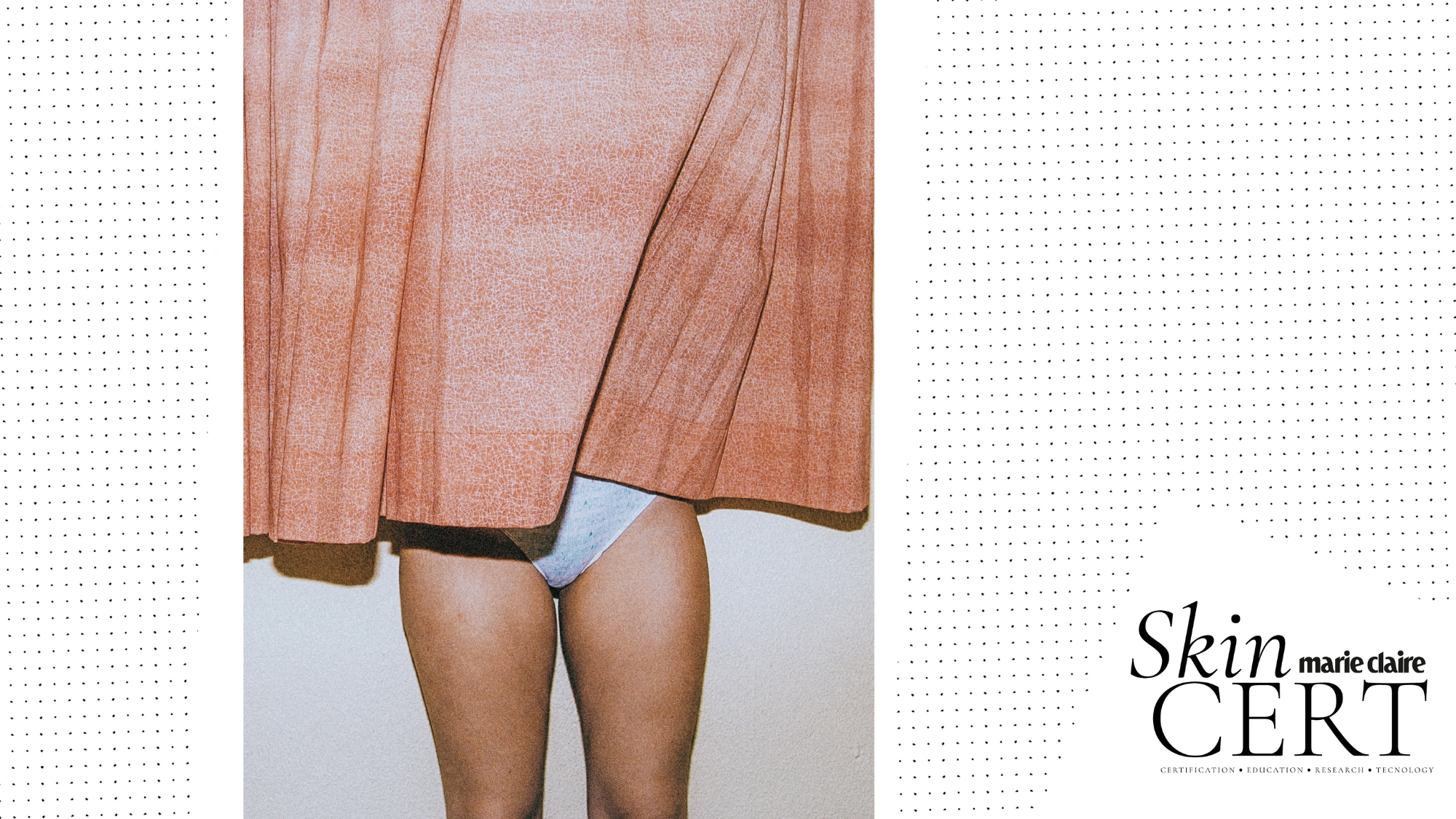

I dread my period, and have continued to do so ever since it arrived, just days before my 13th birthday. This means I have had around 197 periods, and if I hit menopause at 51—the average age for women in the UK—I have another 267 to go. As they come, I’m pretty unlucky; I deal with crippling pain most months and premenstrual (PMS) symptoms that can affect my mental health. But now it appears I have something else to add to the list: the luteal phase, which social media says is making us “ugly” for up to two weeks of the month.
@sophia.panella ♬ u guys are pretty wtf - ki
Type in “luteal phase” into TikTok, and you will find hundreds of videos. Many women jump between their faces at the follicular phase (beginning on the first day of menstruation, when women are thought to be their most attractive) to the luteal phase, where they point out perceived puffiness and swollen features. “If you’ve ever felt like you look pretty one day and then not as pretty the next, there’s a scientific reason behind that […] The way I just gave myself the ick,” one 20-something says, while another asserts: “I am not crazy, my nose gets bigger in my luteal phase.”
It’s compelling—literally on the face of it. My instant reaction when I watched these videos was relief. It gave name to a feeling of general unease I had about my appearance since I first started menstruating. Sure, there were the usual hormonal breakouts, but what bothered me most was how lacklustre my skin, hair and nails would become month after month. Then, on the flip side, seeing these videos was empowering; better the enemy you know, and all.
And so, over the next few weeks, I set out to speak to women’s doctors and dermatologists about the luteal phase, whether it has a tangible impact on our appearance, and crucially, how to deal with it.
@alexx.fitt I am actually in shock. This is normal and lmk if u guys see a big change to?!?
♬ original sound - alexx.fitt
What is the luteal phase?
First, let’s get the facts straight. The luteal phase begins right after ovulation and lasts around 12-14 days, ending with the beginning of your period. During this time, the body’s level of the hormone progesterone rises to support the thickening of the uterine lining in preparation for a potential pregnancy.
Does the luteal phase affect how you look?
All of these hormonal changes impact the body, and so it makes sense that it will have some effect on the way you look, Dr Maya Thosani, a double board-certified dermatologist, explains, adding that much of what we experience coincides with PMS symptoms. “This phase of the cycle is associated with bloating, acne, discomfort, and appetite changes. And understandably, these hormonal patterns also tend to affect how we feel when we look in the mirror, creating a divide between reality and perception,” she says.
Unfortunately, one of the main areas affected is the skin. Women have a higher chance of breakouts, likely around the cheeks, jawline and chin, due to increased oil production thanks to rising progesterone levels. Dr Thosani adds that during this time, the skin “may also be more sensitive and prone to redness. Some tend to retain fluid at this time and may have more puffiness, especially on their face and around their eyes.”
Marie Claire Newsletter
Celebrity news, beauty, fashion advice, and fascinating features, delivered straight to your inbox!
"This phase of the cycle is associated with bloating, acne, discomfort, and appetite changes. And understandably, these hormonal patterns also tend to affect how we feel when we look in the mirror, creating a divide between reality and perception."
And what is all that business about noses growing? “The luteal phase causes hormonal fluctuations and rising oestrogen that can cause changes to the blood vessels in the nasal passages due to water retention and overall swelling. This can contribute to sinus symptoms and make some people feel like their nose is broader or their eyebrows are more pronounced,” Dr Thosani explains. However, she does add that this swelling, retention and bloating may affect the whole face and body, not just the nose.
How does the luteal phase affect hair and nails?
If you’ve ever noticed that your hair is greasier during this period, you’re not alone. Dr Somi Javaid, an obstetrician-gynecologist, explains that due to hormonal fluctuations, many women also experience changes in texture and oiliness in their hair, while others could experience more brittle hair or breakouts on the scalp.
Completing the triumvirate are nails. While Dr Javaid says that this varies widely, some women have reported that their nails feel weaker and more prone to breaking during the luteal phase.
While on the face of it, these changes may feel dramatic, it’s worth noting that we’ve lived with these symptoms to various degrees for years, well before TikTok decided that the luteal phase should be maligned. For my part, I’ve noticed that some months I just feel worse, and that’s perfectly fine. As Dr Thosani says, “It’s completely normal, and no, your luteal phase does not make you ugly! When these hormonal changes occur, they can sometimes distort what a woman sees in the mirror, causing her to judge harshly, and this self-criticism can be damaging and longer lasting than this phase, which is temporary.”
@haleydamian ♬ original sound - Up All Night Podcast
How to prepare for the luteal phase
While no one should be expected to mitigate the effects of a natural hormonal process, if you are negatively affected by your luteal phase, looking into how it can be managed could be helpful.
From a skin perspective, Dr Thosani says that you should anticipate needing to exfoliate more in the days leading up to your luteal phase. This will help combat clogged pores and the increased oiliness you may experience. She also recommends adding a calming product to your rotation, ideally including ingredients like niacinamide and hyaluronic acid, as they boost moisture and reduce sensitivity. Ensure you steer clear of hair removal methods during this time too: “Waxing, dermaplaning, threading and or hair cream removals will cause much more sensitivity and are more likely to create a breakout, especially on the chin and jawline area.”
In regard to hair and nails, it’s pretty self-explanatory. Wash your hair more frequently, opt for sulphate-free shampoos, and avoid heat. It’s also worthwhile to add a strengthening polish to your routine, and if you’re finding that your nails are extra dry and brittle, steer clear of gels and acrylics.
But ultimately, Dr Javaid emphasises that it’s important to focus on healthy habits no matter what phase of the cycle we’re in. “Promoting healthy skin, hair, and nails requires certain lifestyle choices. You must be eating adequate protein, a balanced diet of vitamins, minerals and healthy fats like Omega-3 fatty acids. It’s easier said than done, but we should also remain hydrated, adopt movement, limit stress, and sleep well.”
Dr Thosani also stresses the importance of understanding your cycle: “Keeping track of it can help women understand the truth about how these hormonal shifts explain their perceptions. This will also help them understand how to block out negativity and prevent them from spiralling into a shame cycle. We should also talk about this normal and natural part of our bodies. Attaching negative feelings can contribute to negative connotations, reframing this to celebrate that our bodies are working as they should can change the conversation.”
@tatlafata The luteal phase is not made for the week ☠️
♬ Denise Moreno for Theatre Lab Company - ✿✿
What happens after the luteal phase?
Luckily, there is some light at the end of the tunnel. Once you get your period out of the way, you are in the blessed follicular phase — where women report feeling at their most attractive.
“During the follicular phase, oestrogen levels continue to rise, peaking right before ovulation,” explains Dr Javaid. “This hormone can have positive effects on skin, hair and nails. Individuals may report shinier, stronger hair, the skin could feel more moisturised, and may appear smoother, softer and more youthful. Plus, oestrogen promotes collagen synthesis, which is essential for skin elasticity. You may also experience more robust nails that are less likely to break.”
Shop MC approved skincare for your period
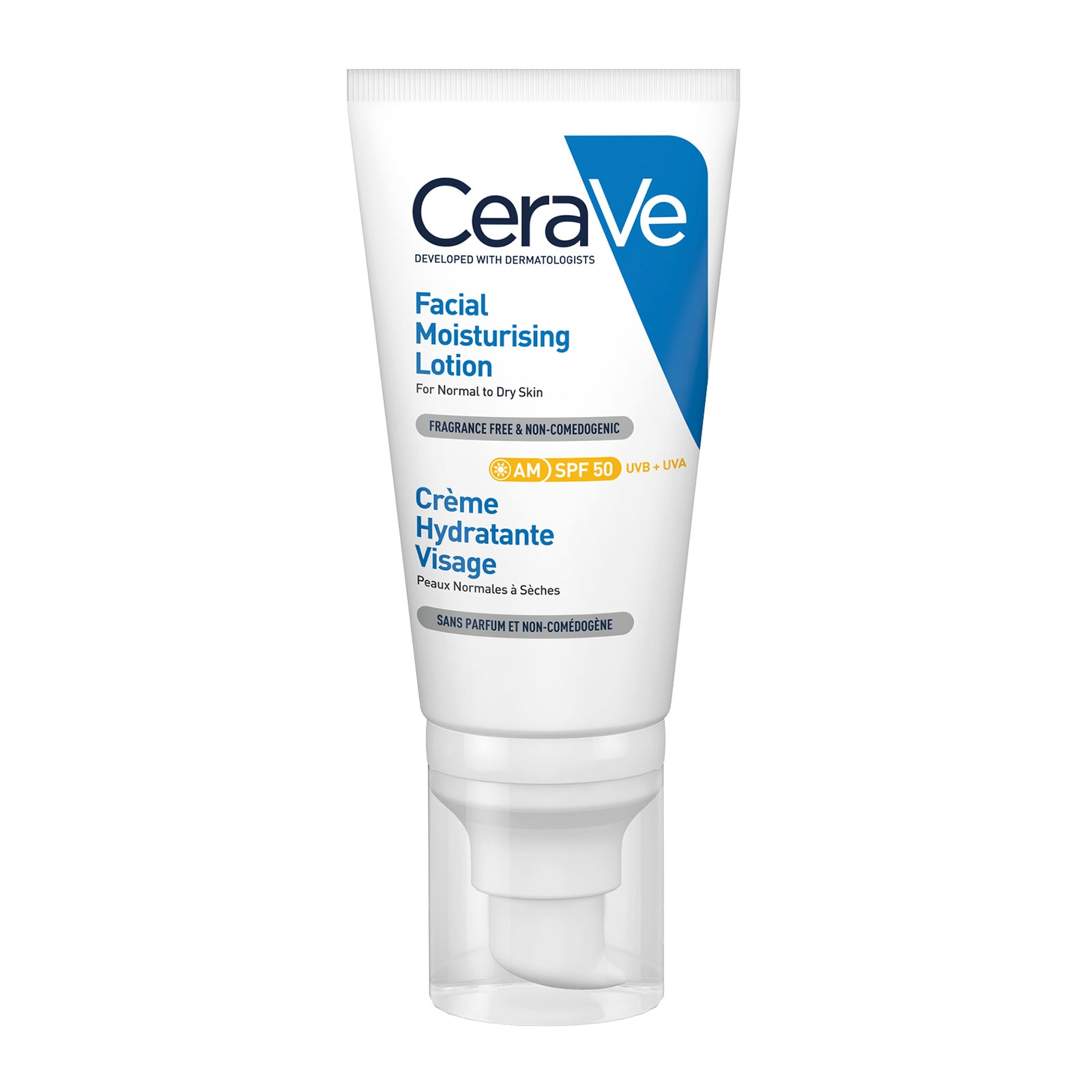
I'm obsessed with this super hydrating moisturiser—it keeps my parched skin plump and it's also got SPF 50 in it.
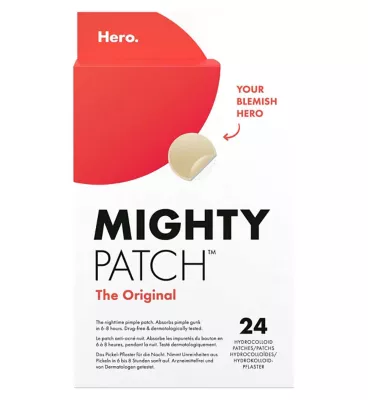
These pimple patches are seriously discreet—I've popped out to the supermarket in them many times.
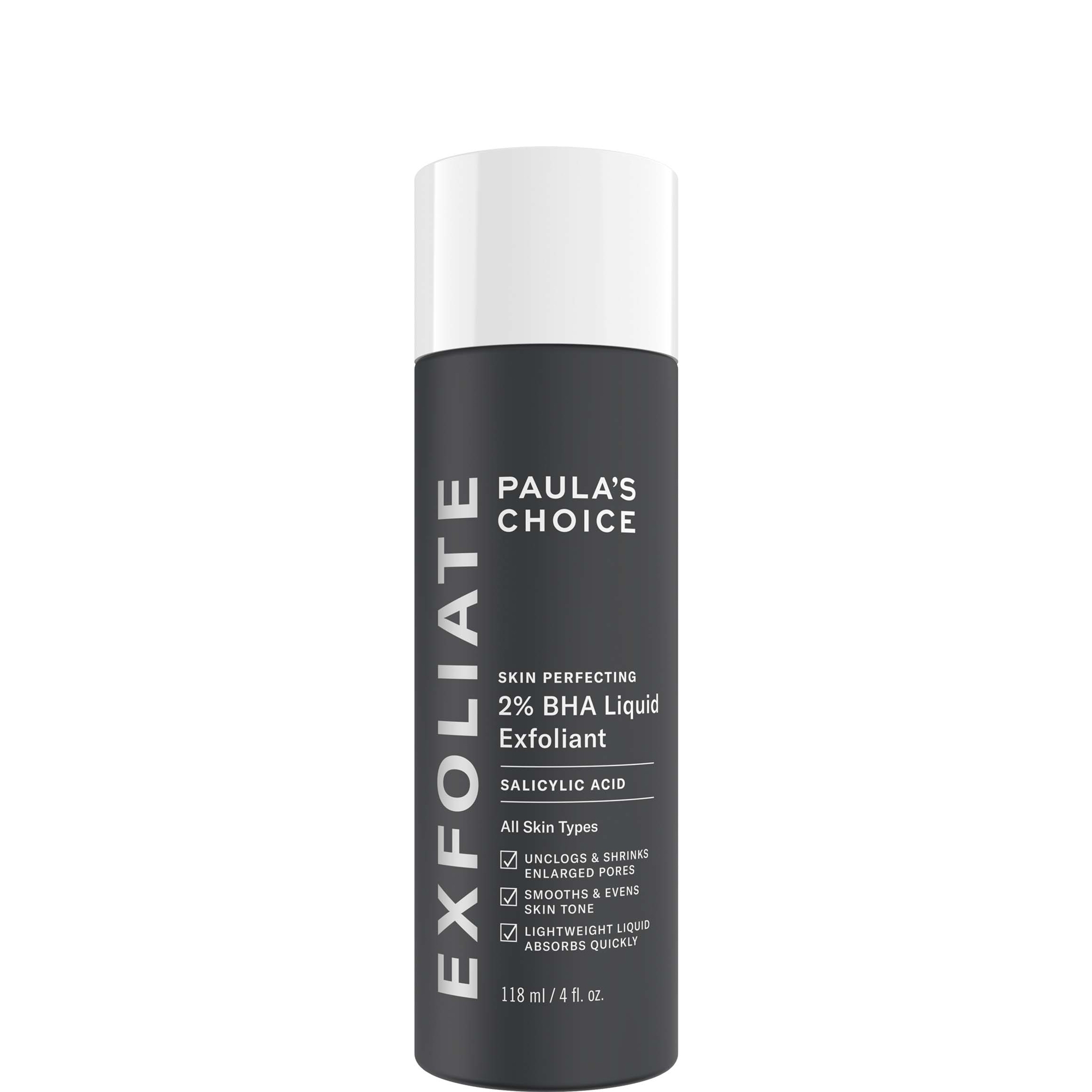
I use this iconic liquid exfoliant every other night. It ensures I wake up with clear, glowy skin. I can't live without it.

Nessa Humayun is the Junior Beauty Editor at Marie Claire UK. With over eight years of editorial experience across lifestyle sectors, Nessa was previously the Editorial Lead of HUNGER Magazine, and has bylines in British Vogue, Dazed, and Cosmopolitan. A self-confessed human guinea pig, Nessa covers everything from product must-haves to long-reads about the industry writ large. Her beauty ethos is all about using products that work hard, so you don't have to.
-
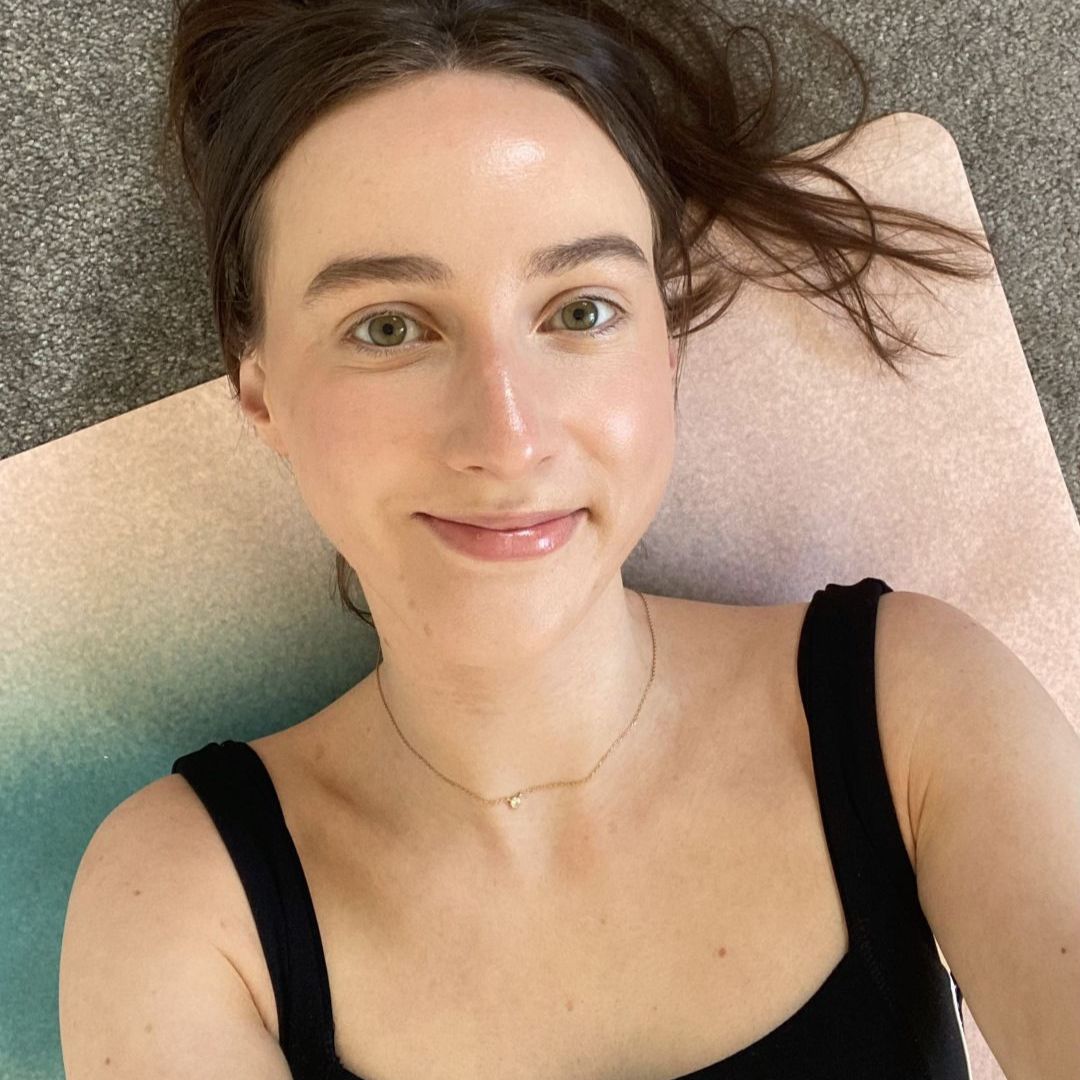 I tried Pilates scissors, the raved-about Pilates move - and think it's the best combination of stretching and strengthening ever
I tried Pilates scissors, the raved-about Pilates move - and think it's the best combination of stretching and strengthening everTrust me, this one's worth trying.
By Katie Sims
-
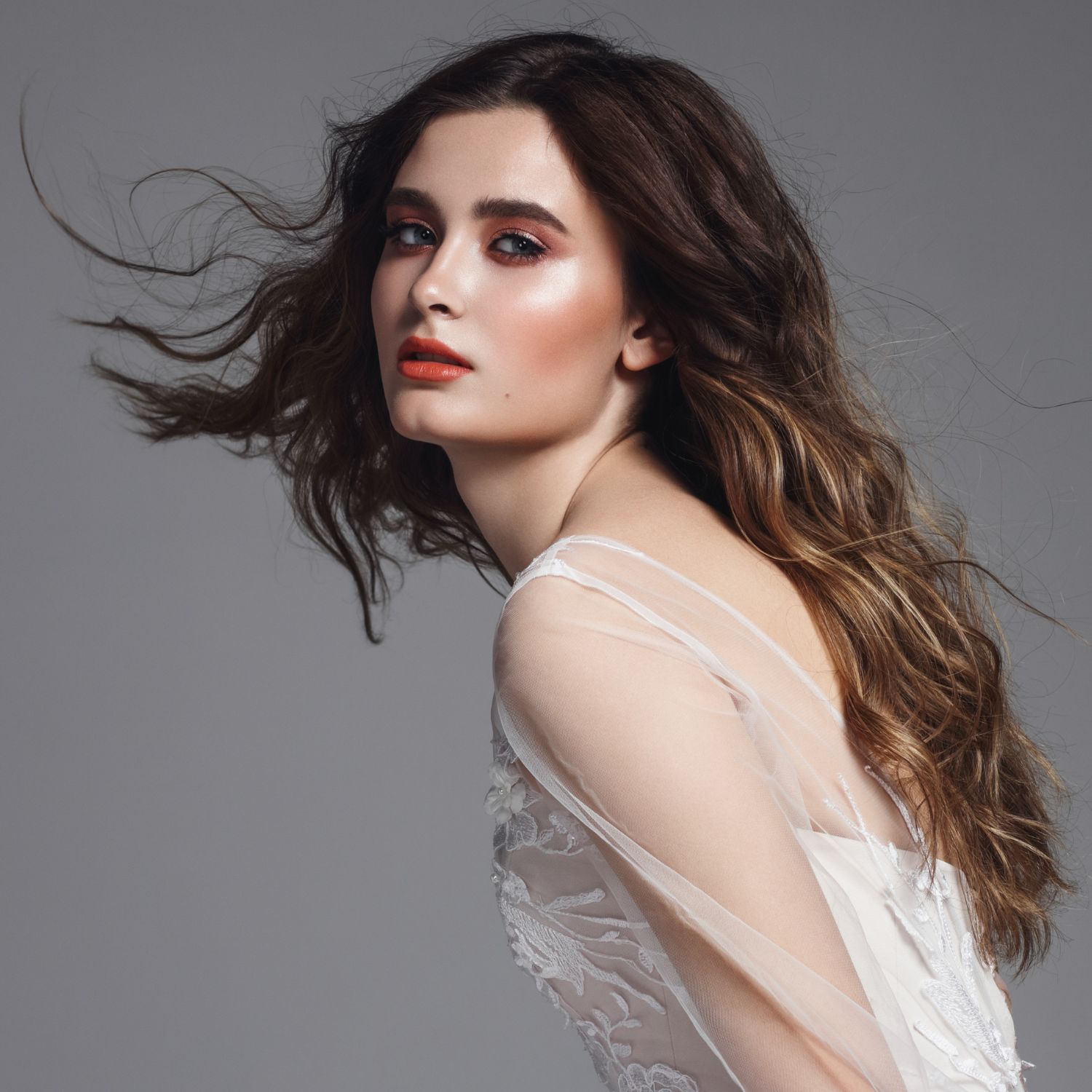 I asked 7 beauty editors to share their wedding day beauty essentials and it's a must-read for brides
I asked 7 beauty editors to share their wedding day beauty essentials and it's a must-read for bridesYour wedding day beauty checklist
By Jazzria Harris
-
 There's a divisive new character in You season 5 - and fans will either 'love her or hate her'
There's a divisive new character in You season 5 - and fans will either 'love her or hate her'Prepare yourself.
By Jadie Troy-Pryde
-
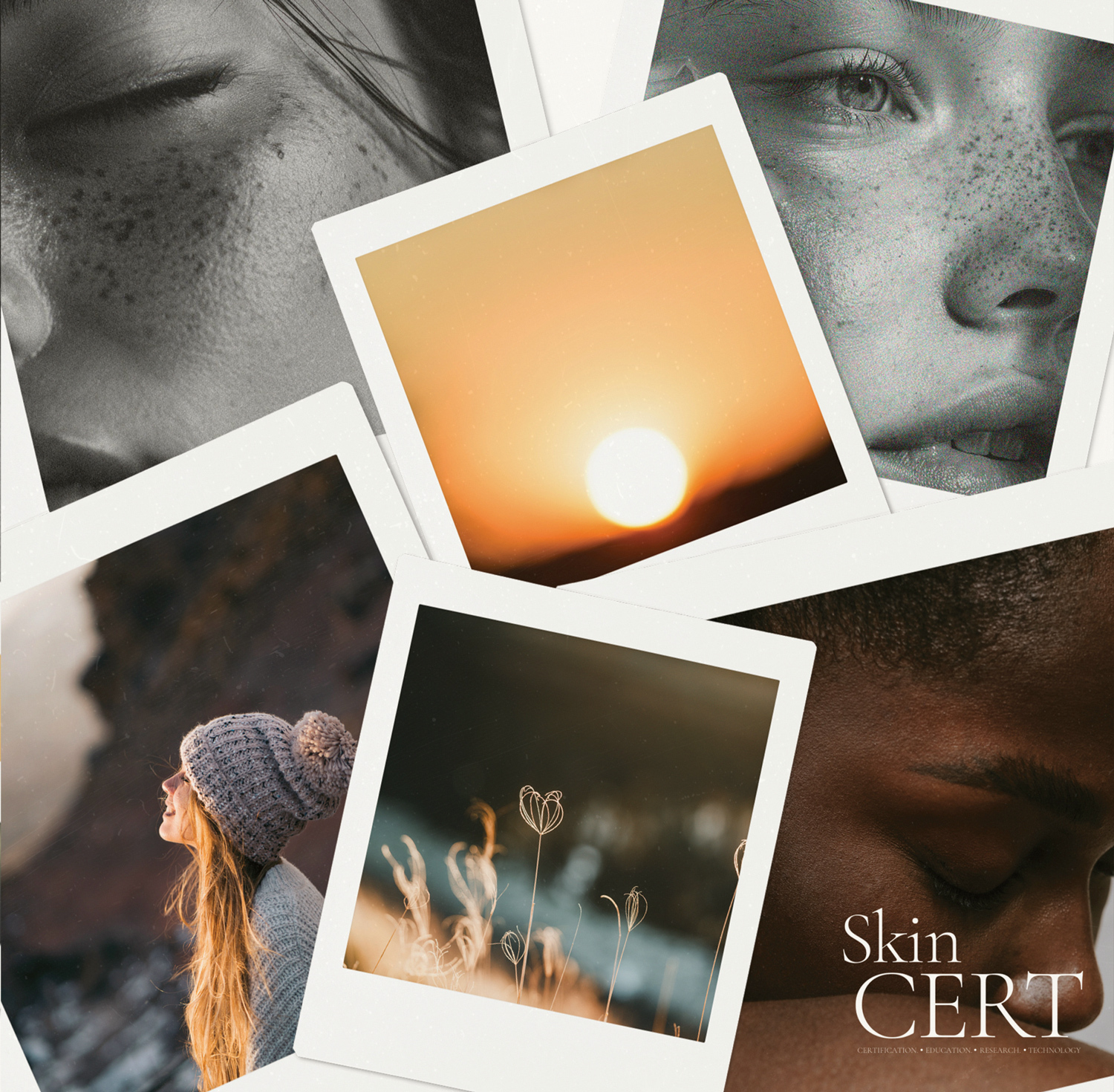 In an era of misinformation, it's time to start openly discussing daily SPF application—here's why
In an era of misinformation, it's time to start openly discussing daily SPF application—here's whyWellness fanatics on social media are preaching that so-called 'toxic' sun cream shouldn't be worn year-round, but are these claims founded in any sort of science? Shannon Lawlor has spent six months investigating...
By Shannon Lawlor
-
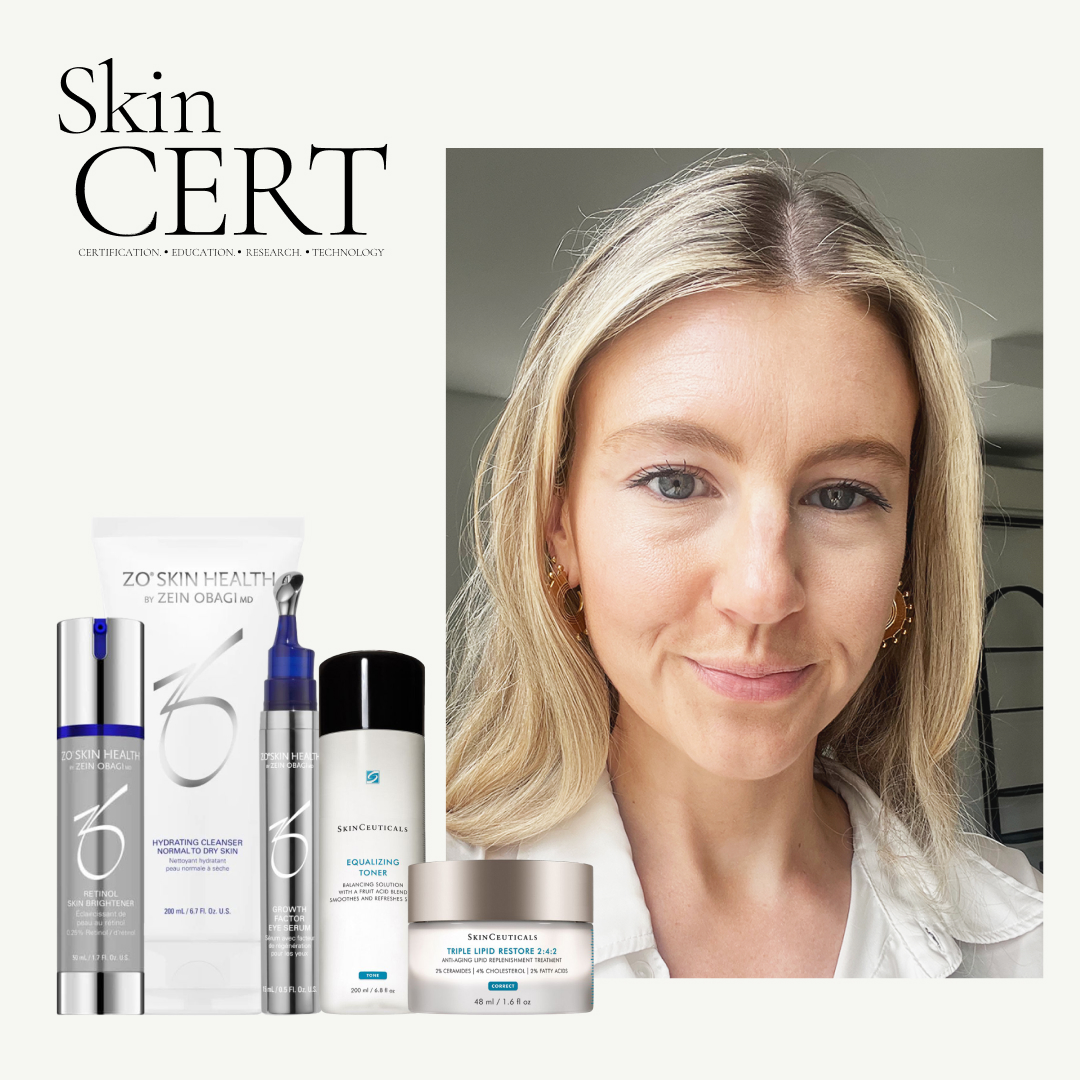 I recently found out that my skin is ageing faster than I am - here's what I've been doing in an attempt to claw back the years
I recently found out that my skin is ageing faster than I am - here's what I've been doing in an attempt to claw back the yearsThe primary cause might just surprise you
By Katie Thomas
-
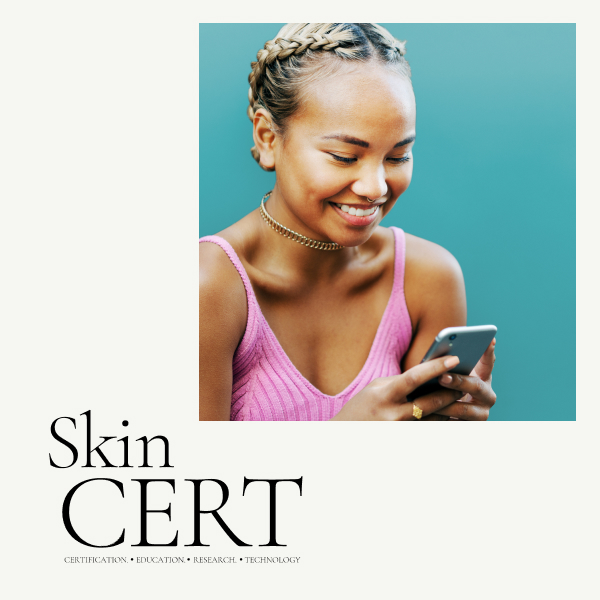 Yes, the fact teenagers are using retinol and glycolic acid in 2024 is cause for major concern—here's why
Yes, the fact teenagers are using retinol and glycolic acid in 2024 is cause for major concern—here's whyBy Katie Thomas
-
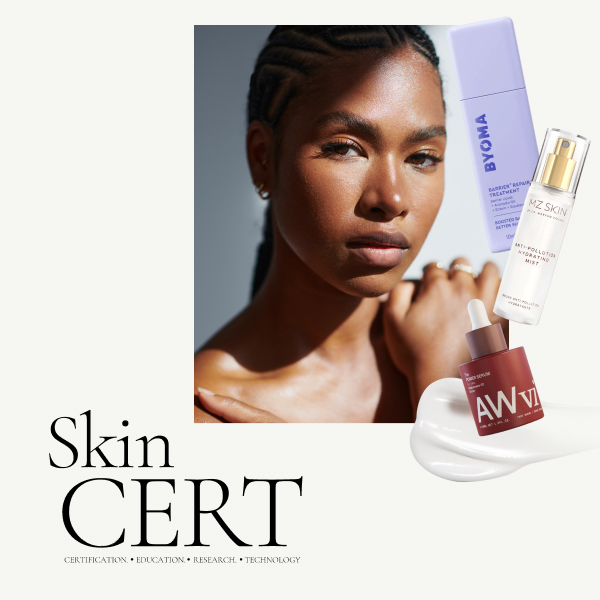 Ectoin: the must-have ingredient of 2024 that works wonders on dry and sensitive skin types
Ectoin: the must-have ingredient of 2024 that works wonders on dry and sensitive skin typesHydrating? Check. Soothing? Check.
By Katie Thomas
-
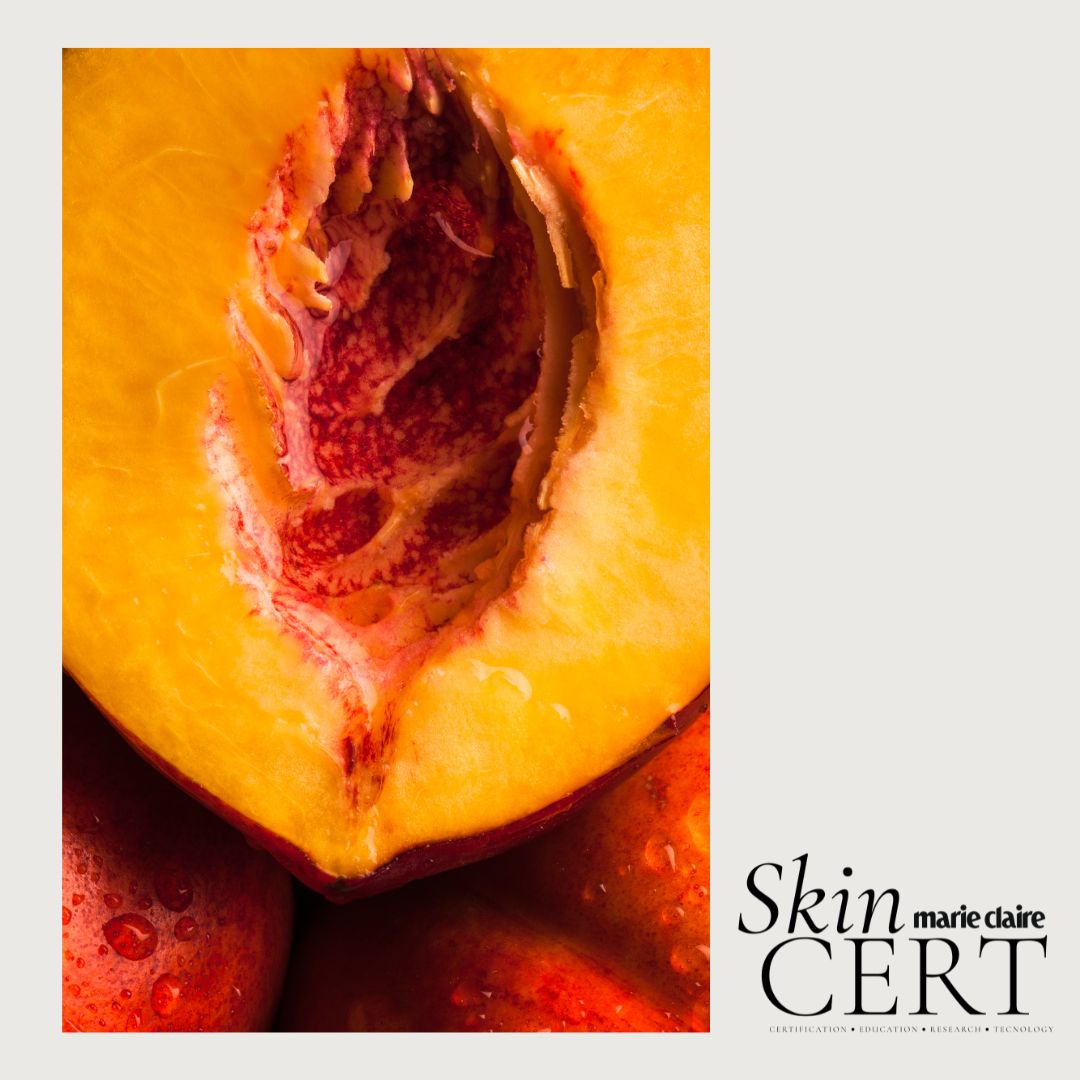 As a Health Editor who's spoken to countless gynaes, I can't understand the need for vaginal care products—here's why
As a Health Editor who's spoken to countless gynaes, I can't understand the need for vaginal care products—here's whyPlus, a top expert explains why intimate care products can cause more harm than good
By Ally Head
-
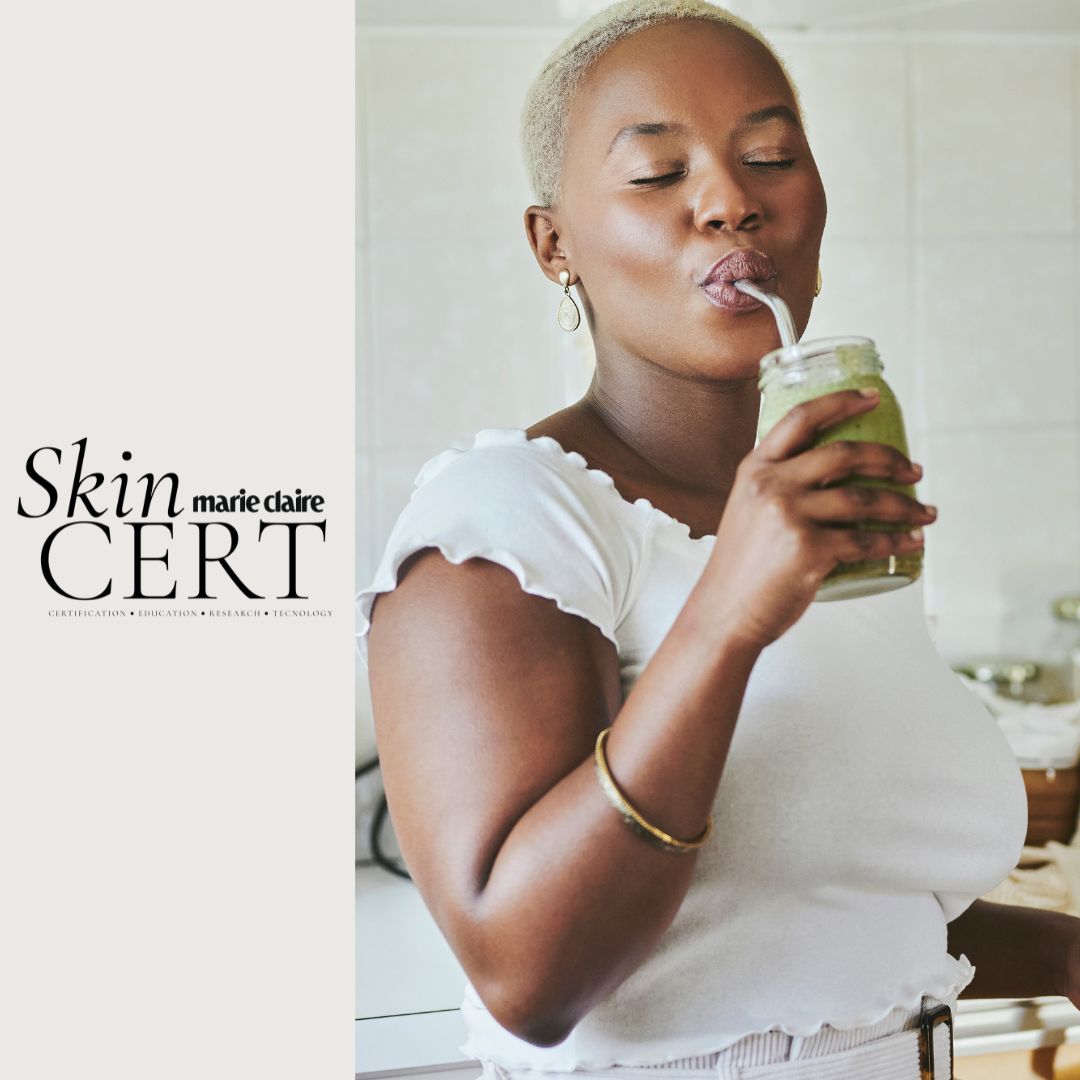 The 5 foods a dermatologist recommends having on your plate (and 3 foods to be cautious of)
The 5 foods a dermatologist recommends having on your plate (and 3 foods to be cautious of)Glowing skin, this way
By Shannon Lawlor
-
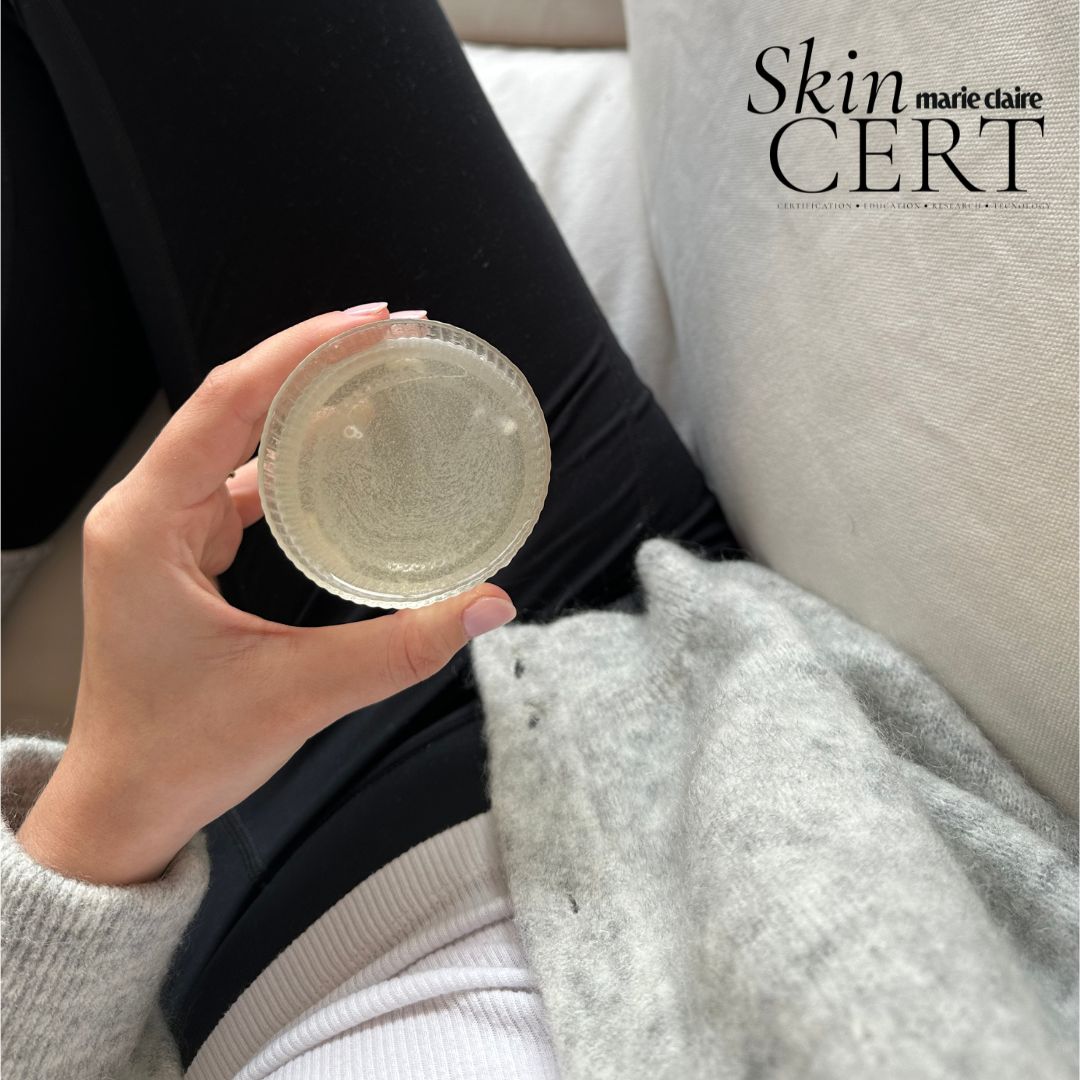 As a cynical beauty editor, even I can't deny this collagen supplement has left my skin looking its glowing best
As a cynical beauty editor, even I can't deny this collagen supplement has left my skin looking its glowing bestIt's the only one I've ever seen results from
By Shannon Lawlor
-
 Sunscreen is important all year round—*even* in winter—these are the 22 best sun creams according to Marie Claire's beauty editors
Sunscreen is important all year round—*even* in winter—these are the 22 best sun creams according to Marie Claire's beauty editorsWe've tested them all
By Katie Thomas